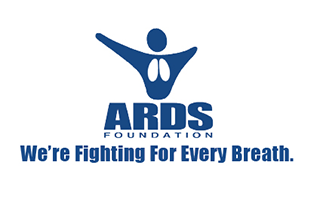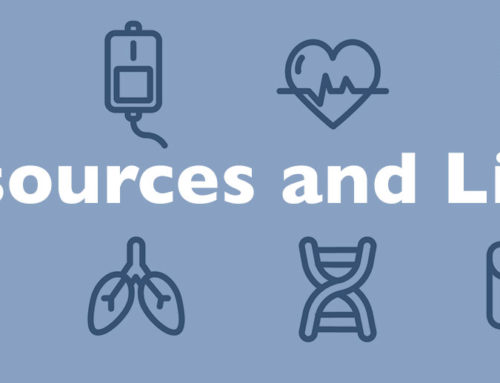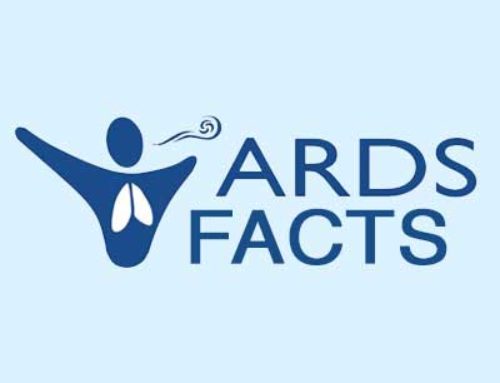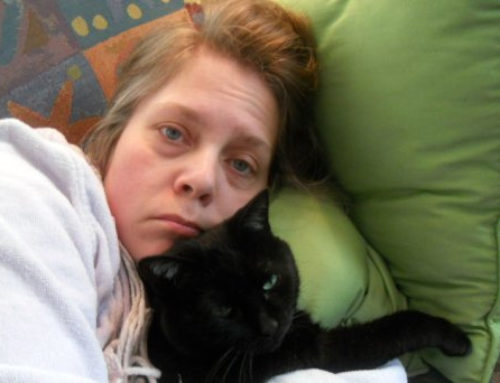Talking to children about a parent or loved one who is ill with ARDS
Resources Especially for Kids and their Parents
ARDS Stories-Kids
Kids Who Kare Make A Difference
Download the Children and ARDS Brochure pdf file (62kb)
A Pamphlet for Families, Friends, and Parents.
Talking to children about a parent or loved one who is ill with ARDS
Adults often worry about what children should be told regarding a parent or loved one who is struggling with ARDS….
- What can be said to them?
- How much information should be told?
- How can their suffering be relieved and how can they be reassured
Given the changes that occur, if the children are not given information, they may imagine other reasons for the changes in their parents which may be more harmful than what is actually the cause for the changes.
For instance, a child who does not understand the syndrome may believe a parent who is ill has gotten so sick due to a fight that occurred between his or her parents, or that it was because the child said or did something right before the parent got ill.
When excluded from facts and information of the syndrome, children feel isolated and may have trouble trusting the adults around them.
Who should give children information about their parent and the syndrome?
It can be the other parent, grandparent, or other trusted relative, as well as medical professionals who can explain the syndrome in age related terminology for the children. But it needs to be an adult who can take the time and have the patience to listen to the child, discuss the situation, and allow communication to flow between the two.
Should children come to the hospital?
Younger children need brief, concrete explanations. Older children may have lots of questions. Follow the child’s lead. If they want to touch their family member, help them to hold the hand or to give a kiss on the cheek. If they seem overwhelmed, take it slow and make the visit brief.
Talk to the child after the visit and answer any questions they may have. Children like to feel like they are able to help in some way. It is often helpful for children to make “get well” cards for their family member and to tape these cards in places that the child can see on the next visit.
When a child does not want to go to the hospital to visit a parent, please respect that child’s wishes and give the child other options. One can tape record a message to a parent and bring the tape recorded message, along with a photo, to the hospital. A video message is also another option. The child can write a letter, draw a picture, call on the phone if a phone is available in the ICU. As an ARDS patient gets better, and more of the machines are removed, it might be easier and better for a child to visit a parent at the hospital.









